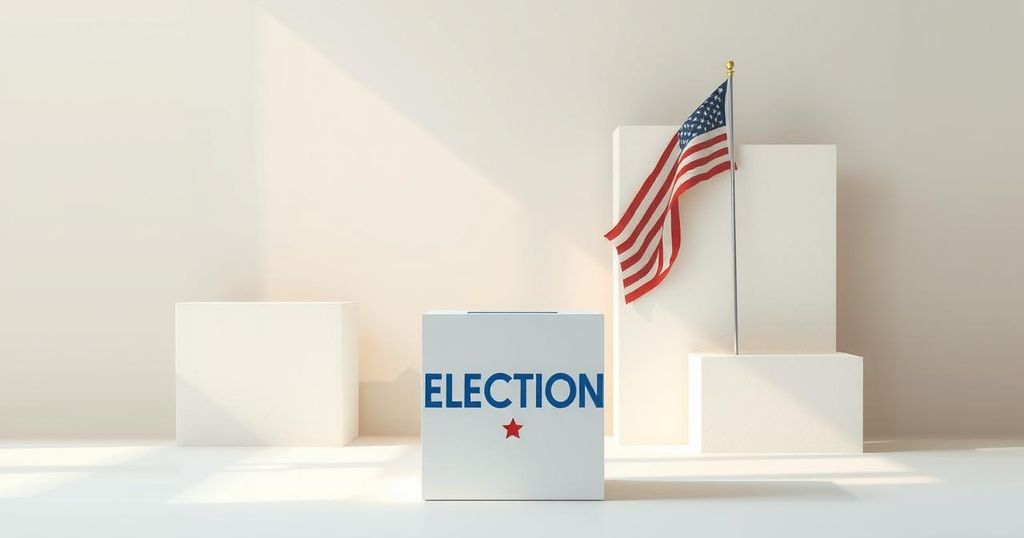Ecuador will hold presidential elections on Sunday, with incumbent Daniel Noboa facing challenges from opposition candidates. Noboa seeks to address voter dissatisfaction with rising inflation and narcotics-related crime. A significant diplomatic incident occurred with the arrest of ex-Vice President Jorge Glas. An outright majority or a second-round runoff is expected, following a violent previous election cycle.
Ecuador is set to conduct presidential elections on Sunday, as Daniel Noboa, the youngest president in the country’s history at thirty-five, seeks re-election after taking office following a snap election called by former President Guillermo Lasso. Noboa, representing the National Democratic Action Party, narrowly defeated Luisa Gonzalez of the Citizen Revolution Movement, who is closely associated with former President Rafael Correa.
Noboa, who inherits a banana business, has been in power for eighteen months. The new president will be tasked with a four-year term amid voter frustrations over inflation, power outages, unemployment, and escalating drug-related violence. The political climate is tense, compounded by a recent state of emergency declared by Noboa in January 2024.
During this election cycle, Ecuador faced a significant diplomatic incident when authorities arrested former Vice President Jorge Glas at the Mexican Embassy, breaching the Vienna Convention and resulting in Mexico cutting diplomatic ties. For a candidate to secure an outright victory, they must obtain either fifty percent of the votes or at least forty percent with a ten-percent margin, suggesting a second-round runoff is likely.
The previous election was marred by violence, including the assassination of anti-corruption candidate Fernando Villavicencio. Consequently, there are hopes that the upcoming elections will proceed without incident, ensuring a peaceful democratic process.
Editorial oversight will ensure adherence to electoral integrity as Ecuador embarks on this crucial democratic exercise, with broad public interest in effective governance following the immediate political challenges.
The backdrop to Ecuador’s presidential elections includes a history of political volatility, economic challenges, and security concerns. Daniel Noboa’s ascension marked a notable shift within the country’s political landscape, and his administration has faced criticism regarding inflation and public safety. The electoral process is further complicated by significant events such as the arrest of a high-profile political figure and prior political violence, which have heightened public scrutiny and expectations for stability.
This election cycle in Ecuador is critical, with Daniel Noboa seeking to solidify his presidency amid public dissatisfaction and electoral challenges. Voters prioritize issues such as economic stability and security from crime, reflecting wider societal concerns. The potential for a second-round vote highlights the competitive nature of Ecuador’s elections, necessitating vigilance to ensure a peaceful electoral process amid historical tensions.
Original Source: www.vaticannews.va






